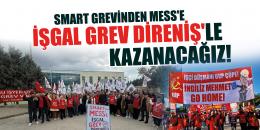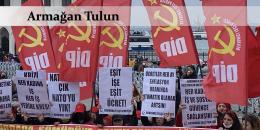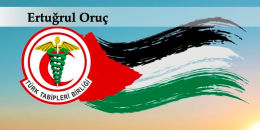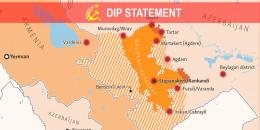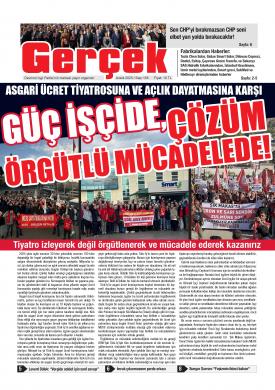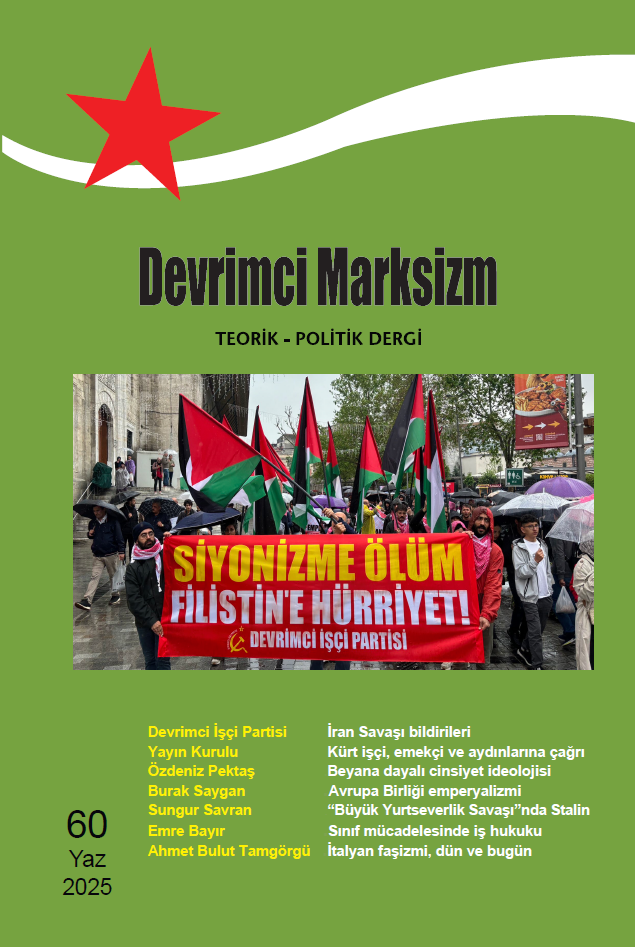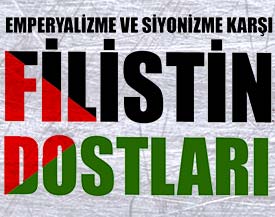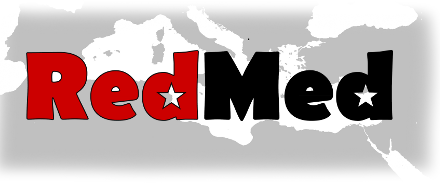Let us stop the Karabakh War from turning into oppression against Armenian people!
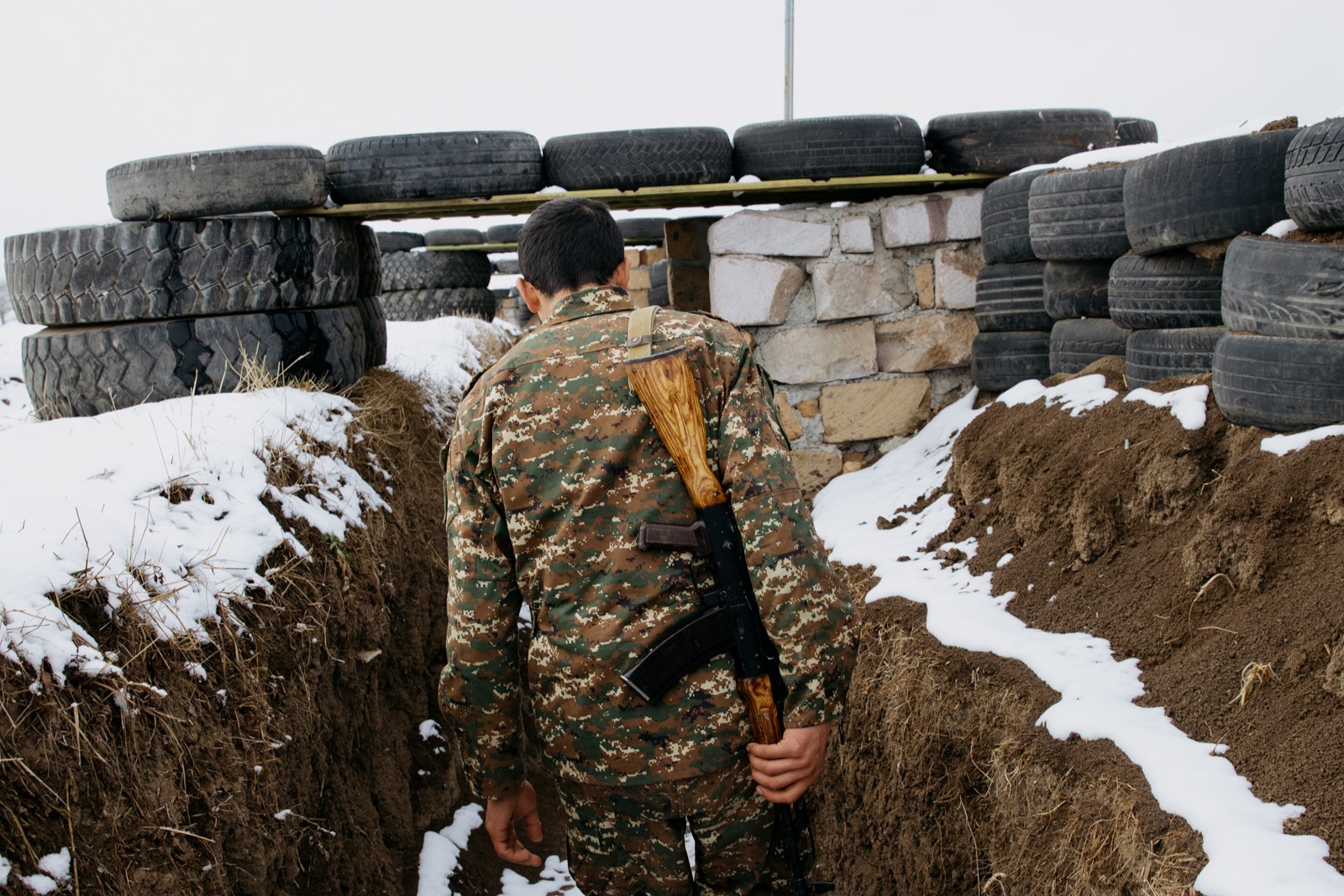
The armed conflict phase of the Third Karabakh War quickly ended. The first signs of the Karabakh conflict had arisen even before the Soviet Union collapsed; but reached its zenith by turning into open war between the two states when the Union of Soviet Socialist Republics – of which both Azerbaijan and Armenia were parts as Soviet republics – collapsed. Armenia had emerged with a definite victory from this first war, especially due to the relatively high number of Armenian troops in the Soviet Armed Forces. Ever since the end of this first war in 1994, even though international law has recognized the Nagorno-Karabakh region (whose population is overwhelmingly Armenian) as Azerbaijani soil, the surrounding administrative units have been under Armenian occupation. Nagorno-Karabakh itself has been governed by a Nagorno-Karabakh (or in Armenian, Artsakh) Republic, administered by ethnically Armenian forces, and not recognized by other states (not unlike Northern Cyprus Turkish Republic).
Since the defeat in 1994, both with the advantage of oil revenues and Turkish (and through Turkey, NATO) and Israeli support, the Azerbaijani side has armed itself and shifted the military balance with Armenia. In 2020, Azerbaijan exploited the crisis Armenia experienced with its closest ally Russia following the 2018 Armenian popular revolt. Using an attack from the Armenian side as a justification, Azerbaijan moved swiftly and scored a decisive victory. Direct military support from Turkey and armaments sale by Israel were of crucial importance for this result. At the end of this war, Armenia retreated from regions surrounding Nagorno-Karabakh, and the Lachin corridor controlled by Russian forces remained as the sole connection between the region and Armenia.
The balance of power that emerged from the 2020 war was far from being sustainable and resembled more of a recess between the two acts of war. Now, Azerbaijani forces appear to have successfully dislodged the precarious balance and established a new balance of forces entirely to their own favor through a military operation they have dubbed a “counter-terrorism operation”. We have called this maneuver that lasted for only a day “the armed conflict phase of the war,” since the first signs of this maneuver had emerged as early as December of 2022. Azerbaijani forces had closed the Lachin corridor and suffocated Nagorno-Karabakh, thereby creating a situation that resembled the medieval fortress sieges (without actually calling it a siege). Thus, the people of Nagorno-Karabakh were seriously deprived of goods ranging from medicine to food and fuel, and served as a war of attrition against the Karabakh forces before the war escalated into direct battles. The Azerbaijani side was probably waiting to seize the right moment to deliver the coup de grace after the siege. After the 2020 war, the Nikol Pashinyan government was able to cling to power by reconciling with Turkey and Azerbaijan, gaining the support of imperialism, and blaming the failure of domestic policies on Russia.
Pashinyan’s clumsy attempts to advance this policy to approach Western imperialism as a bargaining chip against Russia gave Azerbaijan once again the opportunity to strike. Armenia both performed joint military drills with the US and signed the Rome Statute – the founding document of the International Criminal Court – and sent it to the parliament for ratification. Since the International Criminal Court has decreed the arrest of Vladimir Putin, it is obvious that this move openly dares Russia. The Azerbaijani side seized the opportunity at this particular juncture when Armenia had openly set itself against Russia but could not yet count on the active support of the US or EU imperialism. Since Azerbaijan was technically operating on its own soil (as we have mentioned above, Nagorno-Karabakh is considered Azerbaijani soil according to international law), even Armenia , considering also its disadvantageous military condition, declared only that it had no troops in the region. After the swift maneuver, Karabakh accepted the ceasefire conditions, i.e. disarmament, dictated by Azerbaijan. Though negotiations are still in progress, this situation amounts to nothing less than the ultimate defeat and probably de facto end of the Nagorno-Karabakh Republic.
Now the Armenian people of Nagorno-Karabakh are fleeing to Armenia through the re-opened Lachin corridor. Ilham Aliyev declared that the Armenian people of Karabakh are Azerbaijani citizens, and that his government wants to turn the region into a paradise for them, too. However, after years of chauvinistic provocations, these declarations are far from consoling the Armenian people of Nagorno-Karabakh, who have spent the last nine months under almost total siege. Reasonable worries about how long the people of the region can continue fleeing to Armenia or what awaits those who remain also endure. Our priority as toilers from Turkey should be to resist the Turkey-Azerbaijani side’s chauvinism and reach our hands toward the fraternal Armenian people. It is obvious that neither the Azerbaijani victory nor any rearrangement of borders among Azerbaijan, Armenia, or Georgia will bring peace to the region, where national fault lines are still alive. The fight for a Caucasus where both the Azerbaijani and the Armenian people can live in peace, that is, for a socialist federation in the Caucasus, remains to be a burning need. Let no one act on prejudices in celebrating the triumph of the so-called “fraternal” state of Azerbaijan. If the Azerbaijani state is so clean, why is the Zionist Israel supporting it? The correct attitude is to fight to avoid the Azerbaijani victory turning into oppression against, or even massacre of, Armenian people. This responsibility is on the shoulders of the toilers of both Turkey and Azerbaijan.


